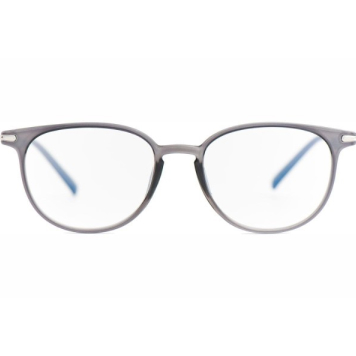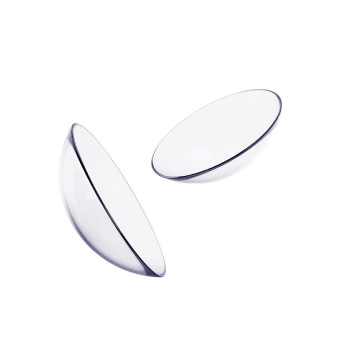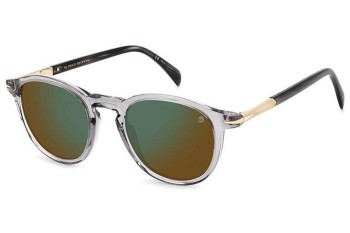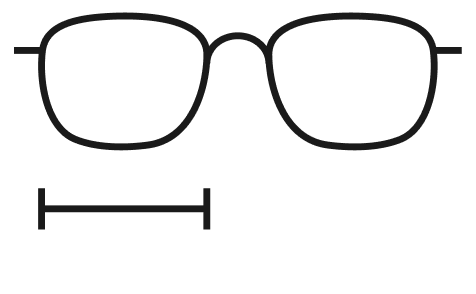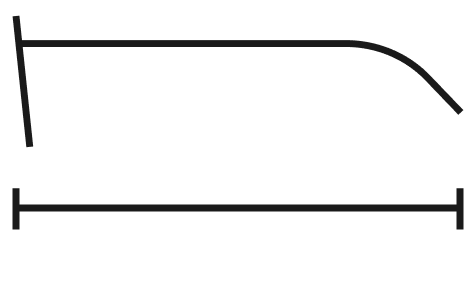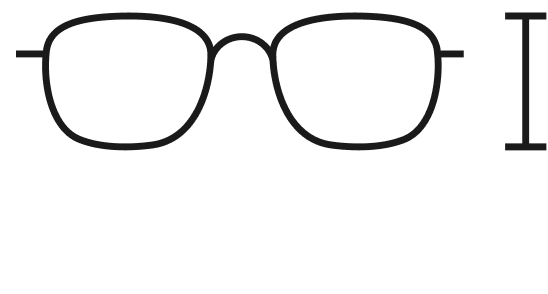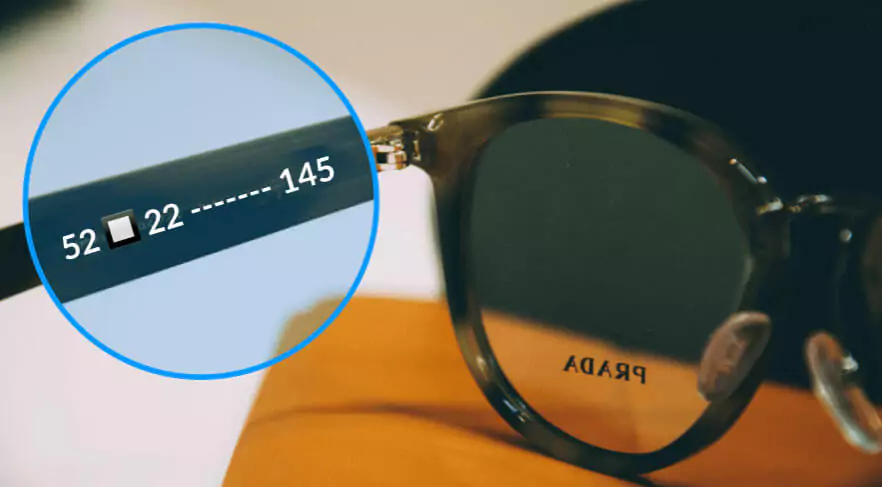David Beckham DB1114/S sunglasses
David Beckham DB1114/S sunglasses
Pay attention to the quality of the sunglasses
Cheap glasses from street stalls do not have 100% protection against harmful UV radiation. Sunglasses with the best protection are called polarized. You can easily test whether they have this function using special cards or on some types of phones. When you look at the phone while wearing polarized sunglasses, the display should go completely dark at a certain angle.
The material also plays a role in the selection of sunglasses
Cheaper sunglasses are usually made of plastic materials that break more easily. With glasses, it often happens that they fall off or you sit on them. And that's why it's worth investing in quality materials that will last you for several years. An optician can customize your glasses.
What types of frames are there?
The material from which the sunglasses are made plays an important role in the selection. The main types of sunglasses frames include acetate, metal and plastic. However, you also have a choice of aluminum, nylon, propionate and steel. Low-quality metal frames contain a larger amount of nickel or chromium, which may pose a risk of allergy.
What is the difference between plastic and glass glasses?
The biggest advantage of glass lenses is that they are more resistant to scratches. At the same time, they prevent the penetration of infrared radiation. However, they break more easily. Plastic glasses are more durable, but they can be scratched and also do not protect against infrared radiation.
Why does the color of sunglasses matter?
Different color variations of glasses serve as a great accessory for different occasions. At the same time, however, they are suitable for other situations. For example, gray and brown glasses are recommended for driving, as they do not distort primary colors. This makes your ride safer. The polarizing effect prevents glare. Green glasses are universal and for every situation. They also prevent distortion. Yellow and orange are mainly chosen by athletes, but also by people who often move in poor conditions, for example in fog. Other colors will not significantly affect your activities.



